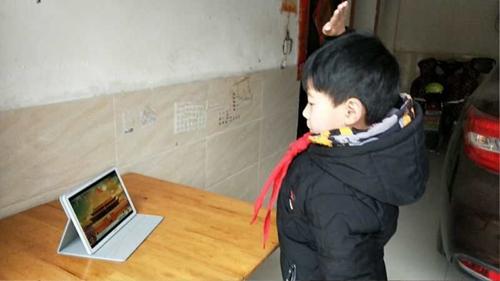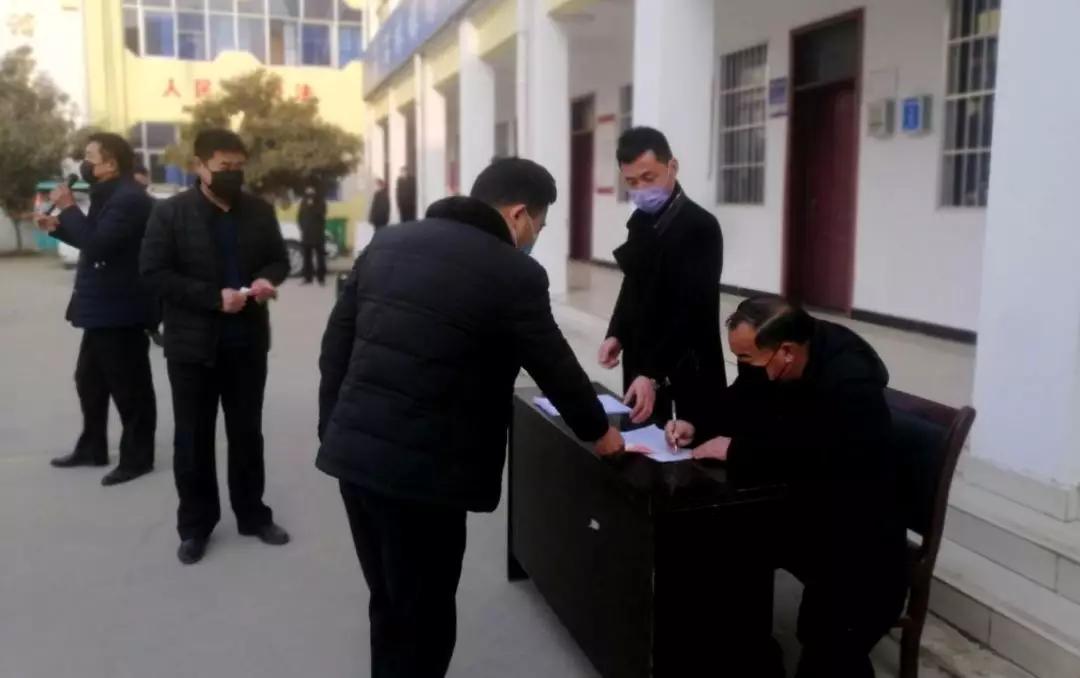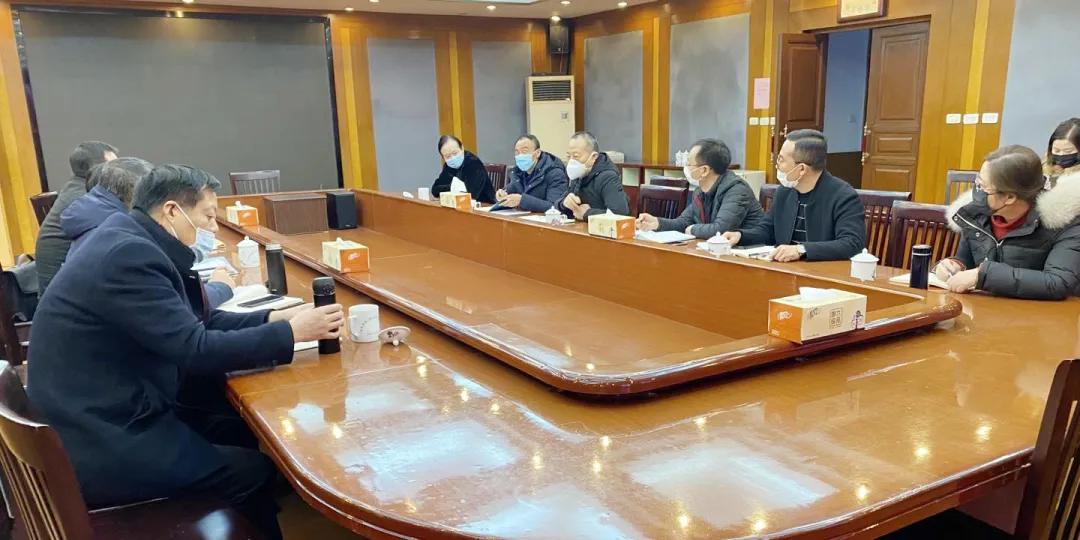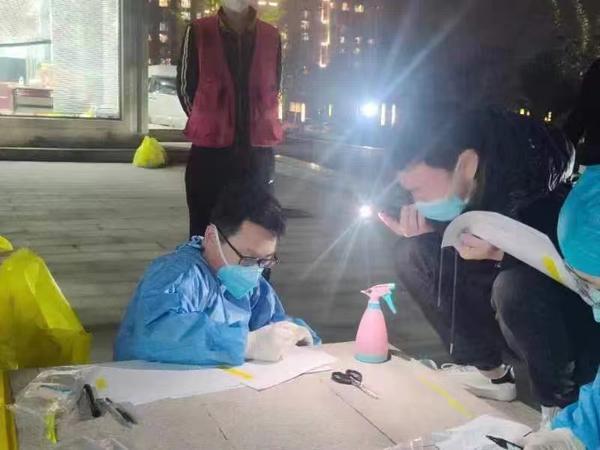In the midst of a global pandemic that has reshaped our lives, the world has witnessed an unprecedented display of solidarity and resilience. The COVID-19 virus, with its relentless spread, has forced nations to reevaluate their approaches to healthcare, education, and daily existence. This essay endeavors to explore the impact of the pandemic on society and the importance of unity in navigating this challenging time.
The initial outbreak in Wuhan, China, in late 2019, marked the beginning of a global health crisis that swiftly escalated into a full-blown pandemic. Countries implemented travel restrictions, lockdowns, and social distancing measures to contain the virus's spread. These measures, while necessary to save lives, brought about unprecedented economic downturns, disrupted education systems, and strained healthcare resources worldwide.
The pandemic has underscored the importance of healthcare infrastructure and highlighted the need for equitable access to medical care globally. Developing nations, with limited resources and fragile health systems, have been particularly vulnerable. International aid efforts, such as the World Health Organization's (WHO) global solidarity response, have aimed to bridge these gaps and ensure that no one is left behind in the fight against the virus.
Education, once a cornerstone of personal growth and societal development, has been significantly disrupted. Online learning platforms have emerged as a makeshift solution, albeit with its own set of challenges—inequality in access to technology and internet connectivity being a prominent one. The loss of in-person interactions and the social aspect of learning has been felt deeply by students worldwide, prompting discussions on the future of education post-pandemic.
The economic fallout has been severe, with businesses closing their doors, job losses mounting, and economies reeling. Small businesses, in particular, have been hit hard, as they struggle to adapt to new norms while facing reduced customer流量 and financial constraints. Governments and international organizations have introduced stimulus packages and loan forgiveness programs to mitigate the impact on the most vulnerable sectors of society.
Yet, amidst this chaos, there have been heartening stories of human kindness and solidarity. Healthcare workers, risking their lives daily to save others, have become heroes in our eyes. Volunteers and community organizations have stepped up to provide essential services like food distribution and mental health support. The 'flattening of the curve' efforts have shown that collective action can make a difference in containing the spread of the virus.
The pandemic has also served as a wake-up call for environmental concerns. As people have been forced to rethink their lifestyles and reduce their carbon footprints, there has been a noticeable shift towards sustainable practices. The call for a 'green recovery' post-pandemic has gained momentum, emphasizing the importance of addressing climate change alongside the health crisis.
In conclusion, the COVID-19 pandemic has been a defining moment for humanity, testing our resilience and our ability to unite in the face of adversity. It has exposed weaknesses in our systems but also revealed the inherent goodness of people everywhere. As we navigate this uncertain time together, let us learn from this experience and strive for a more equitable, resilient, and sustainable world. The journey ahead may be challenging, but with global solidarity as our compass, we can overcome any obstacle on our path towards a brighter future.
转载请注明来自爬爬百科,本文标题:《全球团结共克时艰,疫情下的共同旅程》












 京ICP备11000001号
京ICP备11000001号
发表评论